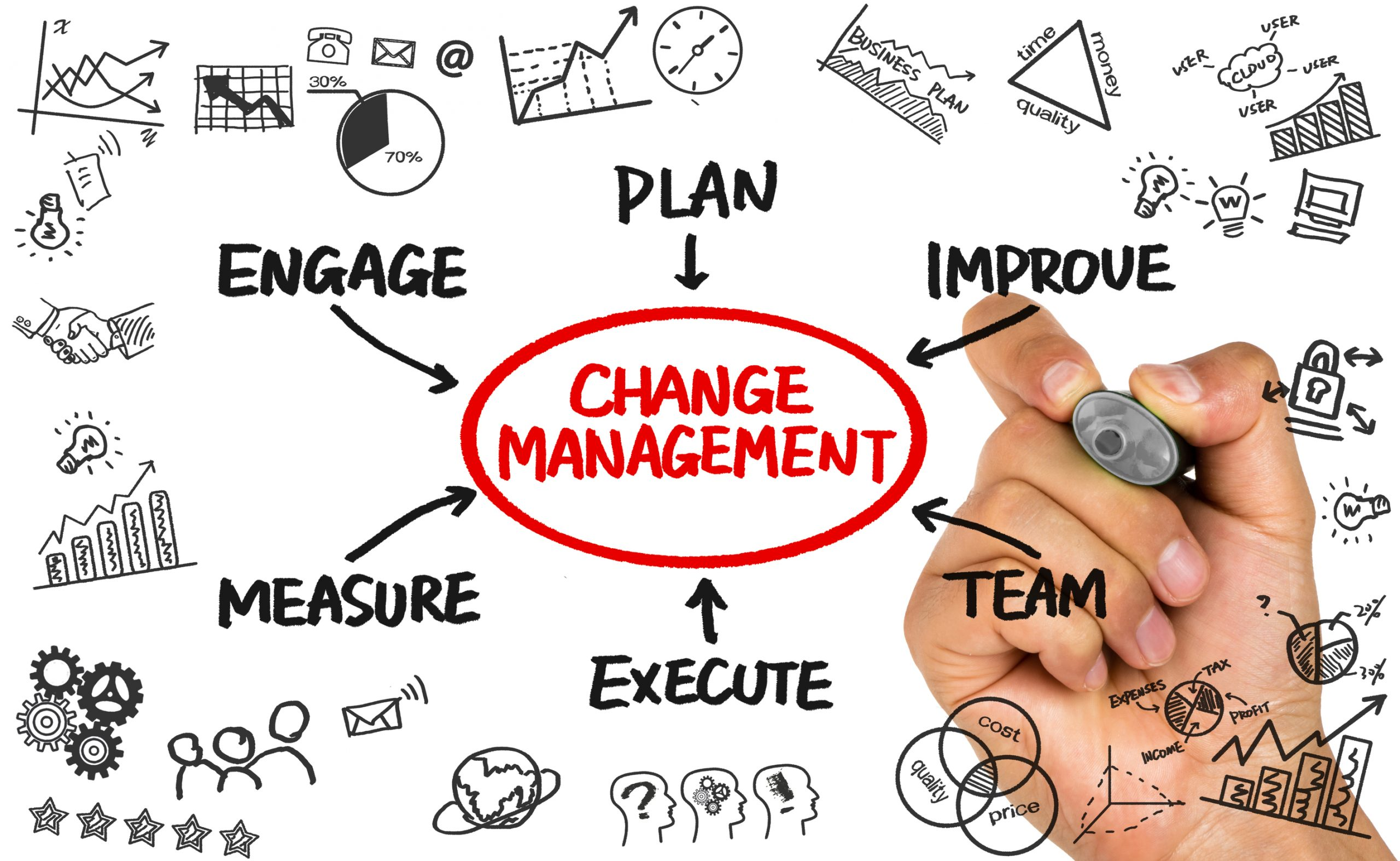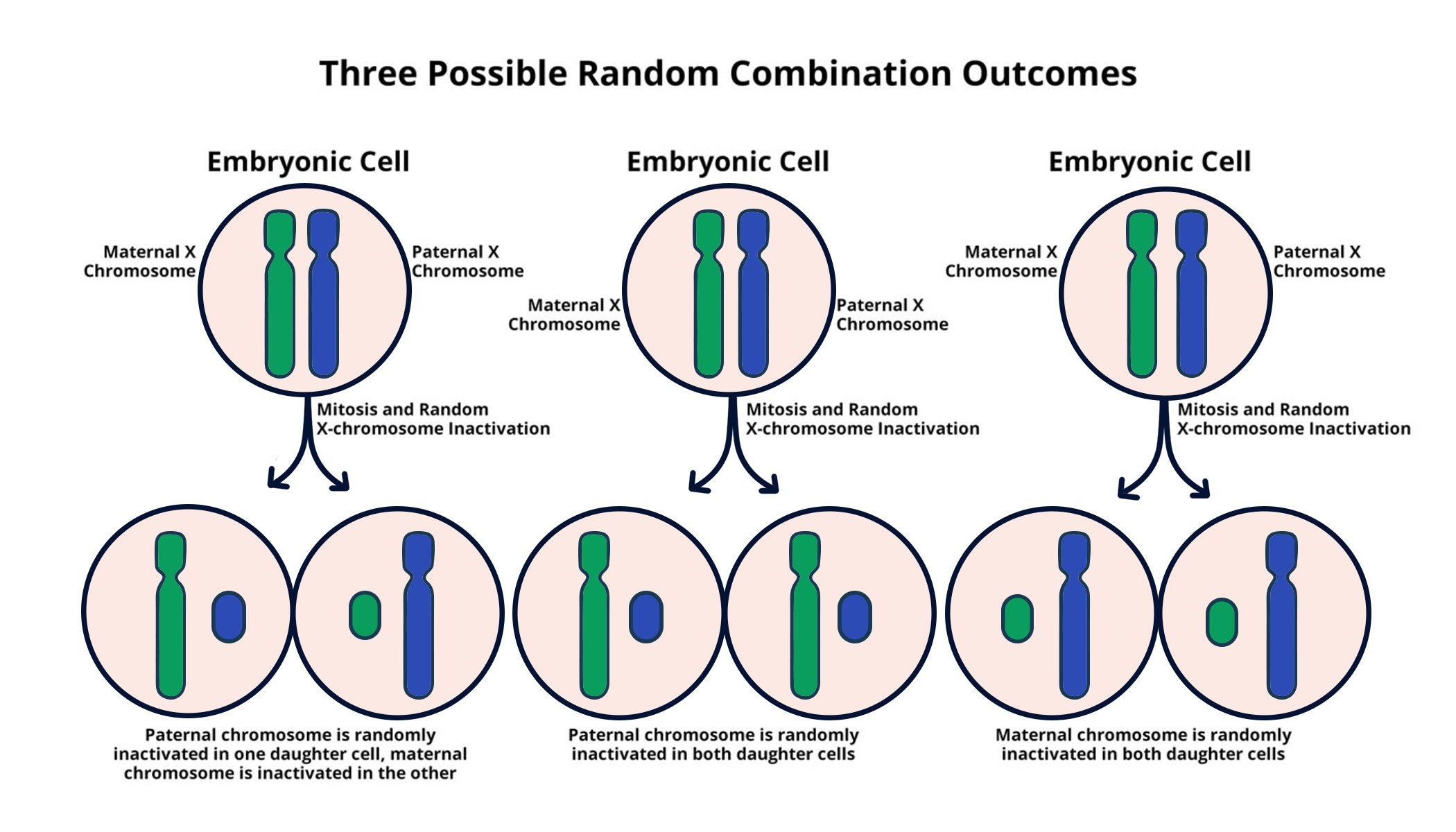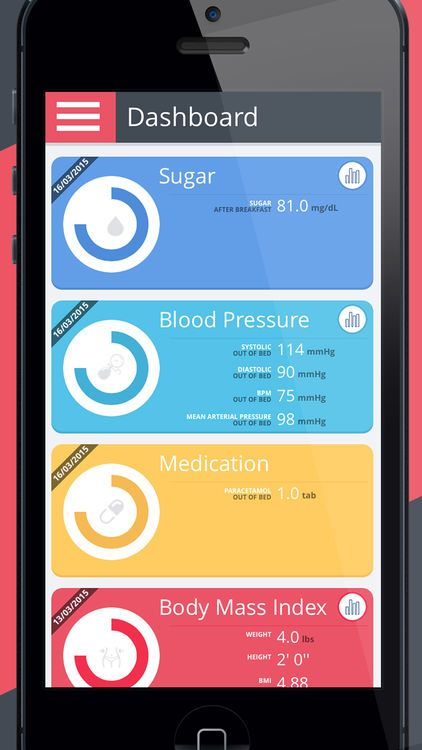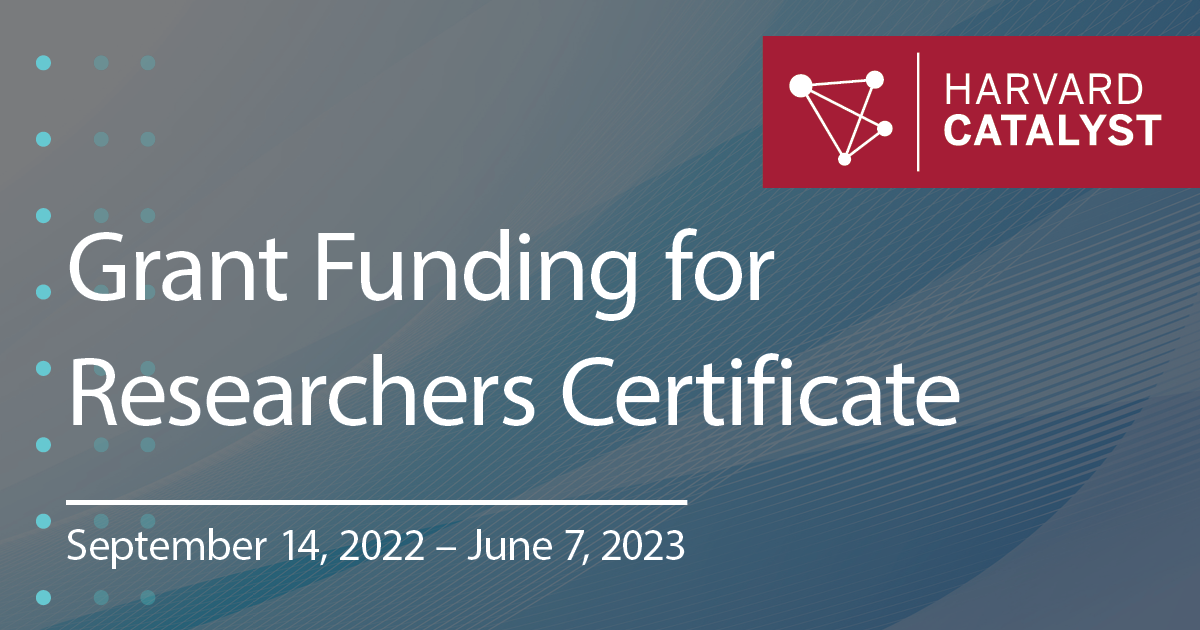
Change: Embracing Personal Growth in the New Year
Change is an inherent part of the human experience, permeating every facet of our lives, from personal development to societal norms. As we step into a new year filled with potential, it is essential to embrace change rather than resist it, as doing so can significantly enhance our journey toward self-improvement. The psychology of change reveals that our responses to new experiences can shape our happiness, ultimately influencing the way we set and achieve our New Year resolutions. Embracing change allows us to adapt, learn, and grow, fostering a mindset that appreciates the inevitability and benefits of evolution. Thus, understanding and accepting change as a constant companion can lead to a more fulfilling and dynamic life.
The concept of transformation infuses every aspect of our existence, touching on the need for ongoing growth and adaptation. As we embark on another journey around the sun, many of us are presented with the opportunity to welcome transformation into our lives. Instead of shunning the unfamiliar, recognizing the positive aspects of altering our perspectives can lead to greater fulfillment. Our capacity to adapt and evolve plays a crucial role in cultivating resilience and mental wellness, especially in times of uncertainty. By honoring the importance of transformation, particularly during this season of fresh starts and aspirations, we open ourselves to a world of possibilities.
The Science of Change and Personal Development
Change is an inherent aspect of the human experience, and understanding its psychology can greatly enhance our personal development. While many view change with apprehension, embracing it can lead to profound self-improvement and growth. Experts like Robert Waldinger emphasize that resisting change can lead to increased suffering, and by letting go of the fear associated with it, individuals can unlock their potential and foster a more fulfilling life. As we navigate through various stages of adulthood, acknowledging the inevitability of change fosters resilience and adaptability, both critical traits for thriving in an ever-evolving world.
Embracing change is pivotal to the concept of personal development. When we craft our New Year’s resolutions, for instance, we are essentially setting goals that stem from our desire to change, grow, and improve. The psychology of change suggests that how we approach these intentions matters significantly. Researchers highlight that individuals often experience internal struggles when faced with change—either they grow through it, leading to self-discovery and fulfillment, or they may struggle against it, which can engender bitterness and dissatisfaction. Thus, understanding change as a catalyst for personal development enables us to establish meaningful resolutions that propel us in a positive direction.
Exploring the Challenges of Embracing Change
Despite the inherent benefits of change, many individuals grapple with the psychological barriers that inhibit their ability to embrace it fully. The fear of the unknown often paralyzes people, leading them to cling to familiar routines, even when those prove detrimental to their well-being. Richard Weissbourd points out that disillusionment—a common human experience—can either stifle potential growth or serve as a springboard for deeper understanding and adaptive change. Those who confront their anxieties about change often emerge with a richer perspective on life, however, facing these fears can be a substantial hurdle for many.
Moreover, the cultural narrative surrounding change frequently emphasizes individualism, which can lead to unrealistic expectations about personal development. The self-help industry is a testament to this, promoting an idea that achieving happiness and fulfillment is a straightforward journey. In reality, the psychology of change is complex and influenced by a myriad of factors including past experiences and emotional resilience. Recognizing that discomfort is part of the process can shift our perspective, allowing us to approach change not as an endpoint but as a vital, ongoing part of our lives that enriches our experiences and relationships.
Understanding the multifaceted challenges associated with change is essential for anyone navigating personal development. Engaging with these complexities requires self-reflection and vulnerability, yet it can ultimately lead to transformative outcomes. Creating space to embrace and examine our fears about change can foster a sense of agency and empowerment, illuminating the path toward self-improvement. By acknowledging the difficulties and committing to facing them, we not only grow as individuals but also contribute positively to our communities.
The Impact of New Year Resolutions on Change
The New Year is a symbolic time for reflection and change, often prompting individuals to set resolutions aimed at self-improvement. These annual goals serve as a structured reflection of our desires to transform and grow, highlighting our aspirations for betterment in various life aspects such as health, relationships, and career. Research indicates that making resolutions can increase the likelihood of taking positive actions for change; however, this surge of motivation often wanes shortly after January, underscoring the necessity for strategies to maintain motivation throughout the year.
Creating effective New Year resolutions calls for a deep understanding of our relationship with change. By setting achievable, incremental goals rather than sweeping transformations, individuals can cultivate a sense of accomplishment and sustain their commitment to personal growth. The psychology of change emphasizes that small, progressive steps often yield more meaningful results than drastic shifts. Thus, framing resolutions within the context of continuous self-improvement can enhance adherence and lead to lasting change throughout the year.
Understanding the Cultural Perception of Change
Cultural perceptions of change can significantly influence individual attitudes toward self-improvement. In many societies, there exists a duality between the celebration of progress and a fear of letting go of traditional values. As Mahzarin Banaji suggests, this can leave individuals conflicted—torn between the desire to evolve and the comfort of familiarity. By examining cultural narratives about change, people can better navigate their own experiences and beliefs, and recognize that genuine growth often requires stepping outside of one’s comfort zone.
Moreover, the dichotomy between embracing change and fearing it is evident in various social contexts, including discussions about moral and ethical development. The powerful influence of implicit biases highlights the complexities behind our capacity to shift perspectives over time. As society grapples with issues like equality and inclusion, understanding the psychology of change provides critical insights into how individuals can confront their biases and foster a culture of empathy and understanding, ultimately leading to healthier relationships and communities.
Learning from Disillusionment: A Pathway to Growth
Disillusionment can often feel like a setback, yet it also possesses the potential to catalyze significant changes in our lives. Both Robert Waldinger and Richard Weissbourd emphasize how disillusionment can push individuals toward either bitterness or profound self-discovery. Examining the sources of our disillusionment—whether in personal relationships, career aspirations, or social expectations— allows individuals to reflect deeply and determine how these experiences shape their responses to change. By reframing disillusionment as a transformative experience, one can unlock new pathways toward personal growth and resilience.
Moreover, the psychology of change teaches us that the journey through disillusionment may lead to brighter outcomes if managed effectively. Cultivating a growth mindset allows individuals to see challenges as opportunities for learning and development, rather than insurmountable obstacles. Engaging with these feelings constructively can enable individuals to emerge more empowered and capable of initiating positive change within themselves and their environments. Embracing disillusionment as a vital part of the human experience fosters resilience and opens pathways to growth and understanding.
The Role of Implicit Bias in Personal Change
Implicit bias plays a critical role in how we perceive ourselves and others, impacting our capacity for change. Mahzarin Banaji’s research reveals that even deeply ingrained biases can shift over time, highlighting the fluid nature of our beliefs and attitudes. Understanding the mechanisms behind implicit biases enables individuals to confront and challenge their perceptions actively. By recognizing that we can change our implicit attitudes, we can take proactive steps towards fostering inclusivity and empathy, thereby enhancing our own personal growth.
Furthermore, acknowledging the impact of implicit bias on our interpersonal relationships fosters a more profound understanding of the dynamics of change. As we progress on our journey of self-improvement, enhanced awareness can lead to more authentic connections with others. Individuals who embrace the idea that they can overcome biases are positioned to influence not only their lives but also their communities positively. This shift emphasizes that change is not solely internal, but a ripple effect that can lead to broader societal transformations.
The Intersection of Personal Values and Change
At the core of personal development lies a deep connection to our values. Change becomes a challenge when our core beliefs are threatened or reevaluated. This often manifests in discomfort, provoking a desire to resist change rather than embrace it. Richard Weissbourd’s insights into moral development underscore the importance of aligning our aspirations with our values and ethics. When individuals view change through the lens of their values, they not only set authentic goals but also cultivate a sense of purpose that can sustain them through the inevitable ups and downs of personal transformation.
Moreover, fostering an understanding of how personal values influence change outcomes allows for more strategic approaches to self-improvement. By identifying congruences and discrepancies between one’s values and desired changes, individuals can create realistic pathways that honor their beliefs while promoting growth. The interplay between values and change highlights the essential nature of introspection in personal development, enabling individuals to navigate transitions meaningfully and remain authentic to themselves.
Navigating Change in the Context of Relationships
The journey of personal change is rarely one taken in isolation; rather, it often involves complex interactions with relationships. The psychological dynamics of change significantly impact how individuals approach personal development and their subsequent resilience. As openly discussed in the podcast, relationships become a double-edged sword in the context of embracing change. They can either provide the support and encouragement needed to thrive, or conversely, they may introduce conflict and resistance that impedes growth.
In cultivating healthier relationships around change, it is essential to communicate openly about fears, aspirations, and the nature of transformation. Through honest dialogues, individuals can gain insights from one another’s experiences, facilitating a shared understanding that paves the way for mutual growth. As individuals embark on their journeys of self-improvement, fostering supportive environments that encourage change can be transformative, leading to stronger bonds and a deeper sense of community.
The Future of Self-Improvement and Change
As we look toward the future, the collective conversation surrounding self-improvement and change continues to evolve, incorporating a more nuanced understanding of human psychology. Recent trends suggest that people are increasingly recognizing the value of emotional intelligence and mindfulness in facilitating change, thereby enhancing personal well-being. This paradigm shift highlights an essential focus not only on goals but also on the process of change itself—how we navigate, embrace, and learn from obstacles along the way.
Moreover, the implications of technology and social media must be considered in discussions about self-improvement. As individuals curate their online personas, they may grapple with the pressures to conform to external standards of success and growth. Acknowledging how these platforms impact perceptions of personal development can lead to healthier approaches to change. By promoting authenticity and vulnerability in the face of challenges, future narratives around self-improvement may empower individuals to aspire toward genuine transformation, rather than adhering to superficial ideals of success.
Frequently Asked Questions
How can personal development help in embracing change?
Personal development is essential for embracing change as it encourages individuals to recognize their potential and set actionable goals. By focusing on self-improvement, individuals gain the confidence to step out of their comfort zones, making it easier to navigate life’s inevitable changes.
What is the psychology of change and how does it affect us?
The psychology of change involves understanding how we adapt to new circumstances and how our attitudes towards change influence our behavior. Recognizing that change is a constant part of life can help individuals cultivate resilience, allowing them to respond positively to new challenges rather than resisting them.
How can I effectively implement New Year resolutions focused on change?
To effectively implement New Year resolutions related to change, start by setting specific, measurable goals. Create a plan that includes gradual steps, accountability mechanisms, and regular reflection on your progress. This structured approach to self-improvement can enhance your chances of successfully embracing change.
Is it possible for people to change their implicit biases through self-improvement techniques?
Yes, research suggests that individuals can change their implicit biases through intentional self-improvement techniques such as education, exposure to diverse perspectives, and mindfulness practices. Embracing change in these areas can foster a more inclusive mindset and promote personal growth.
Why do some people resist change while others embrace it?
Resistance to change often stems from fear of the unknown or a preference for stability, while others may embrace change due to a proactive mindset. Personal development plays a crucial role, as individuals who focus on self-improvement tend to be more open and adaptable to life’s transitions.
What role does disillusionment play in the process of change?
Disillusionment can act as a catalyst for change, prompting individuals to reevaluate their beliefs and behaviors. While it can lead to bitterness if not addressed, it can also inspire personal development by encouraging a deeper understanding of oneself and a desire for positive transformation.
How does the human brain adapt to change according to psychology?
According to psychology, the human brain is highly adaptable, often referred to as neuroplasticity. This ability allows individuals to form new connections and alter existing pathways in response to change, supporting personal development and ongoing self-improvement throughout life.
What are some common challenges faced when trying to embrace change?
Common challenges in embracing change include fear of failure, discomfort with uncertainty, and deeply ingrained habits. Overcoming these barriers requires intentional self-reflection and the willingness to challenge one’s preconceived notions, allowing for meaningful personal development.
Can embracing change contribute positively to one’s mental health?
Yes, embracing change can significantly contribute to mental health by fostering resilience and adaptability, which are essential for coping with life’s ups and downs. Engaging in personal development through change can lead to increased happiness and a sense of fulfillment.
What strategies can be used to facilitate change in one’s life effectively?
Effective strategies for facilitating change include setting clear and achievable goals, seeking support from others, practicing mindfulness, and maintaining a positive mindset. These methods align with the principles of personal development, allowing individuals to navigate change more smoothly.
| Key Points | Details |
|---|---|
| Inevitability of Change | Change is constant and an inevitable aspect of life, as highlighted by experts discussing its impact on human experience. |
Summary
Change is an inevitable and universal aspect of life that we all encounter, whether we seek it out or not. Understanding the nature of change can empower us to embrace new opportunities and shape our paths more positively. In the conversation led by Harvard experts, insights show that the way we respond to change can lead to personal growth and a more fulfilling life.



